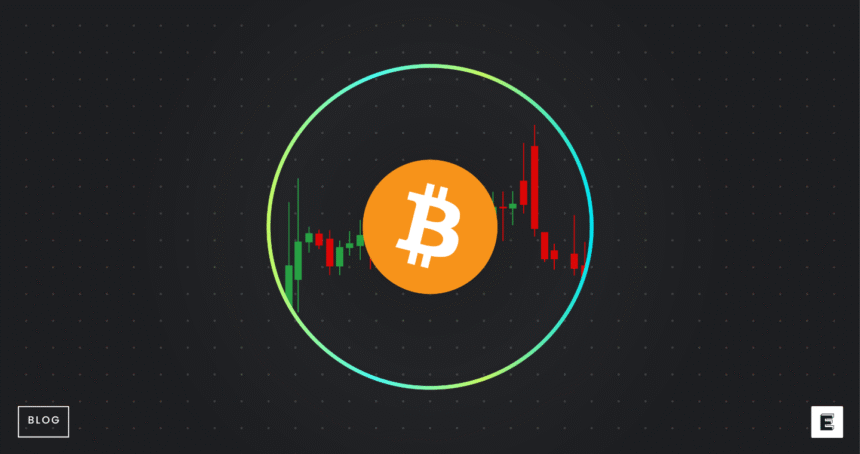As efforts to counter nation-state threats intensify globally, Iran has emerged as a significant and evolving case study, particularly concerning its use of cryptocurrencies to evade international sanctions. Central to this narrative is the Islamic Revolutionary Guard Corps (IRGC), a sanctioned entity recognized as a terrorist organization in various jurisdictions, which employs crypto strategies to fund proxy groups.
The strategies adopted by Iran’s state actors have become increasingly sophisticated, including the use of both stablecoins and Bitcoin mining. This transformation enables them to maintain operations while circumventing traditional financial regulations. As geopolitical pressures mount from the United States and Israel, and with potential renewed sanctions from the UK and EU on the horizon, Iran appears poised to further embrace crypto as a crucial financial lifeline.
In this context, effective tracking of crypto-related illicit finance becomes a paramount priority for national security agencies. This requires the capability to detect, identify, and trace real-time on-chain risk indicators. One solution to this challenge is Elliptic’s Data Fabric, which allows government entities to ingest structured blockchain data, enabling them to map and disrupt complex illicit networks in real time. Recently, Elliptic’s data collection led to the identification of connections between Iran’s largest cryptocurrency exchange, Nobitex, and IRGC-related financial activities, including interactions with wallets associated with groups such as Hamas and the Palestinian Islamic Jihad.
Iran’s historical use of blockchain for illicit purposes is not new but is evolving rapidly. In 2021, for instance, Elliptic data revealed that Iran accounted for 4.5% of global Bitcoin mining. At its peak, this operation generated revenues of approximately $1 billion annually, equivalent to about 4% of the country’s total oil exports. Iran has redirected its unused oil and natural gas reserves into Bitcoin mining as a strategy to mitigate financial losses stemming from extensive trade embargoes.
More recently, reports indicate that Iran is considering utilizing stablecoins and other digital assets for transactions, particularly to maintain trade with Russia, which faces similar banking restrictions. This shift serves as a reminder for cryptocurrency exchanges and financial institutions to enhance their sanctions compliance measures.
The interplay between crypto and military funding is further exemplified by U.S. Treasury sanctions imposed on several TRON blockchain wallet addresses tied to Sa’id al-Jamal, a financier connected to the IRGC-Quds Force. This network reportedly facilitated nearly $900 million in transactions, mostly in USDT stablecoins, allowing Houthi forces to procure weapons and other commodities from Russia.
As Iran increases its reliance on cryptocurrencies to support its proxy networks, the threat this poses extends beyond its borders, impacting the United States, UK, EU, and Israel. Hence, there is an urgent need for governments and law enforcement agencies to develop fast, flexible, and operationally integrated capabilities for monitoring these financial flows.
Blockchain’s inherent transparency, when combined with advanced analytics, empowers governments to identify and dismantle illicit financial networks effectively. Elliptic offers structured blockchain data and intelligence that government agencies can directly integrate into their secure environments. This capability facilitates seamless investigations while maintaining the confidentiality of sensitive inquiries. By enriching their internal datasets and tracing cross-chain crypto activities, agencies can better connect these operations to broader criminal networks without exposing data outside their investigative frameworks.
As the global landscape evolves, strengthening efforts to monitor and counter illicit crypto financing from state actors like Iran will be crucial for national and international security.






